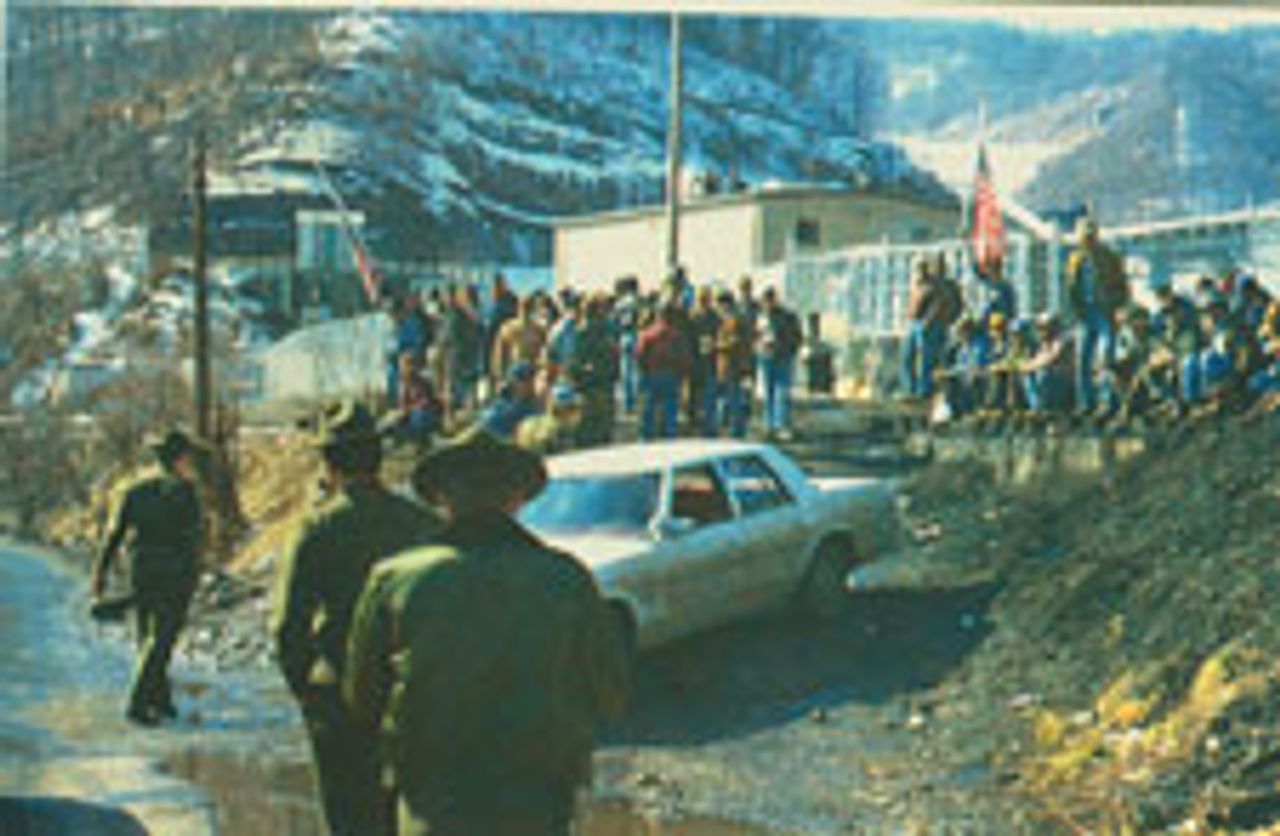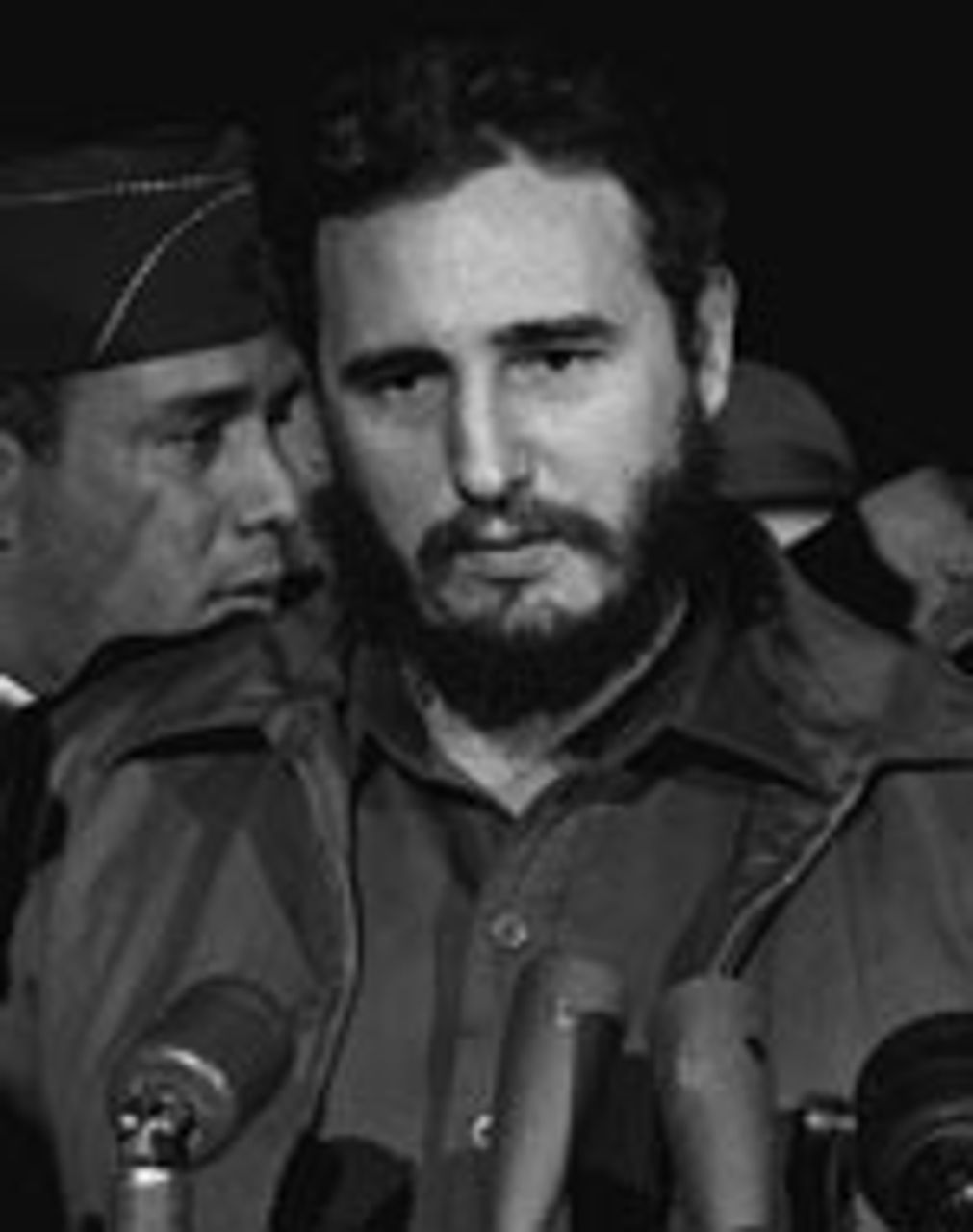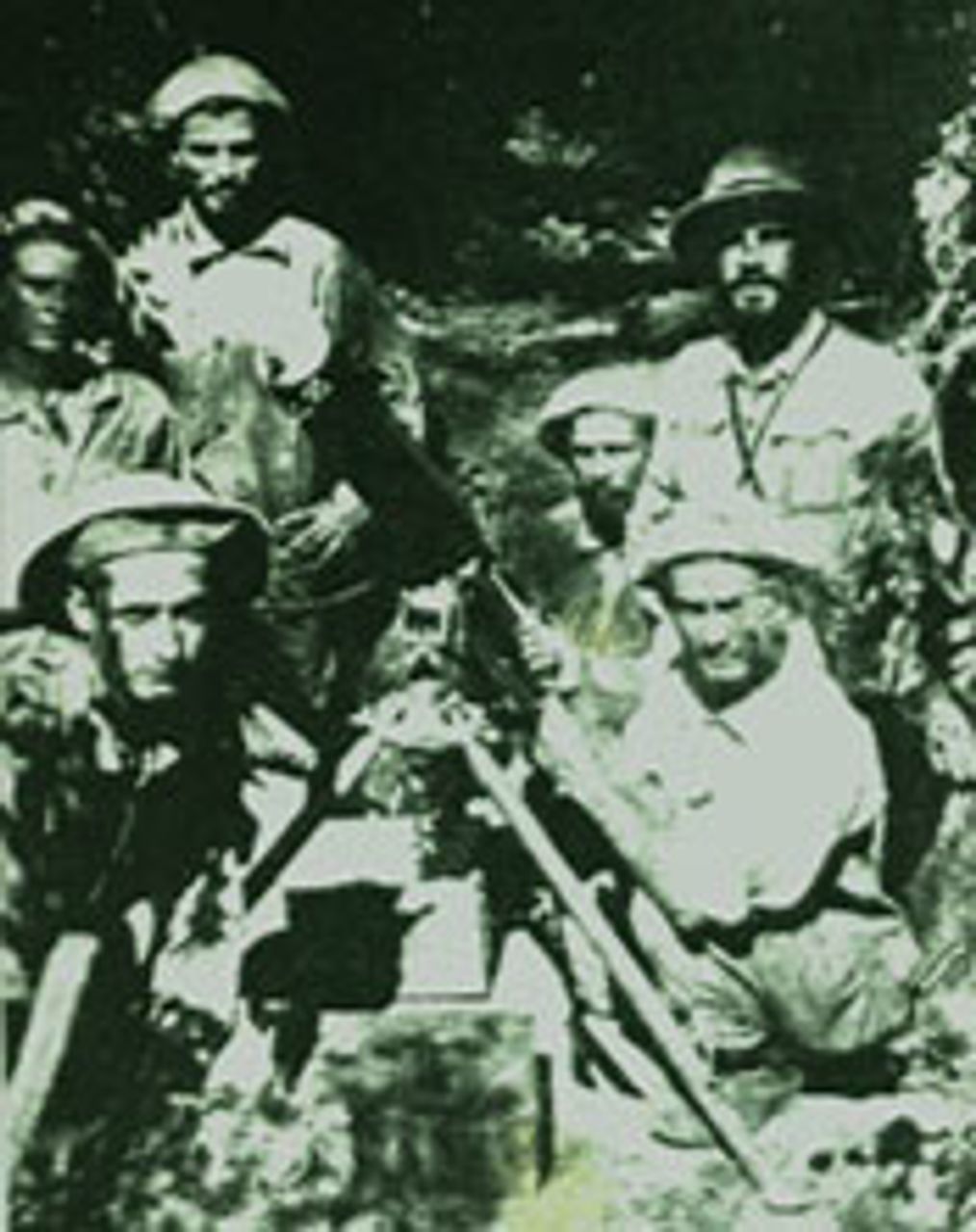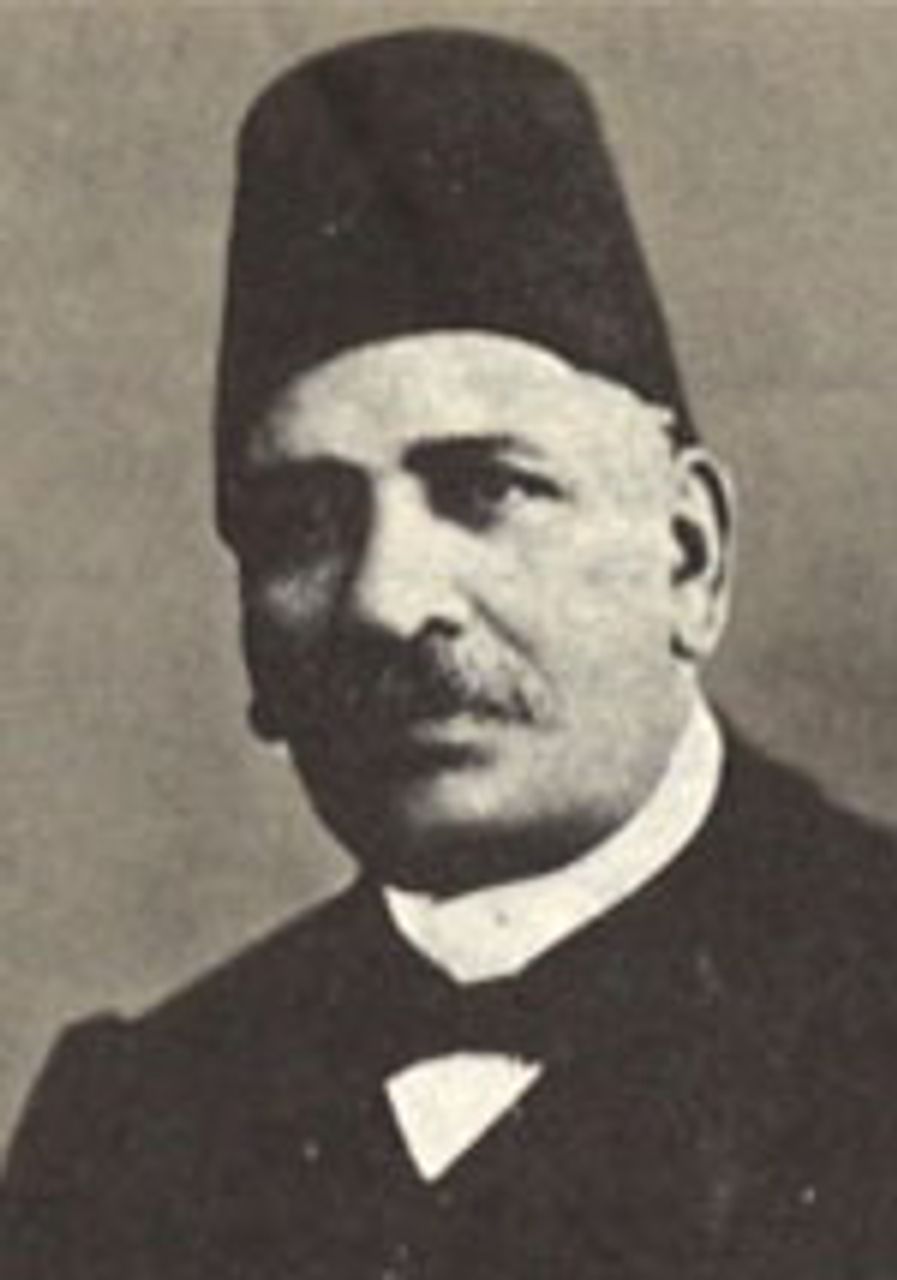This Week in History provides brief synopses of important historical events whose anniversaries fall this week.
25 Years Ago | 50 Years Ago | 75 Years Ago | 100 Years Ago
25 years ago: Mass arrests of striking coal miners in West Virginia
 Coal miners picket against A.T. Massey
Coal miners picket against A.T. MasseyCoal Company
Over 2,500 striking coal miners picketed against strikebreakers outside of the Sprouse Creek Coal Company in West Virginia on February 21, 1985. Police arrested 44 miners that day, bringing to 100 the number of strikers locked up. The state had mobilized about 75 carloads of police to provide "security" for Sprouse Creek to carry on production with strikebreakers. The day before, miners had blocked coal trucks at Sprouse Creek by lying in the roadway. Police responded with 54 arrests.
The mine took on the appearance of an "armed camp," with the company stationing snipers on the roof of the company office, their rifles trained on picketing miners below.
Fifty miners were on strike at Sprouse Creek as part of a "selective strike" of 2,600 miners against pits owned by A.T. Massey in West Virginia, Virginia, and Pennsylvania called by the United Mine Workers of America (UMW) and its president, Richard Trumka. With the selective strike, Trumka and the UMW refused to call out all bituminous miners, as had been tradition for a century, in favor of middle-class protest tactics like sit-ins.
In a letter to the company, Trumka indicated he was prepared to capitulate. "Let us put aside whatever obstacles either party perceives," he wrote, "I stand ready to meet with you... I believe honesty, creativity, and flexibility can result in the settlement of this dispute." The AFL-CIO executive council, meeting in Florida, did not even mention the strike.
The Bulletin, predecessor of the World Socialist Web Site, warned, "The open strikebreaking against the UMW in one of its most historically entrenched areas, southern West Virginia—scene of the Mingo County War and countless other class battles—is a clear warning... of an assault on all the gains won in the struggles of the working class over the last 50 years." It called for a "nationwide mobilization of the strength of the working class" against the Reagan administration and for "General Strike action by the entire labor movement," and an "independent political struggle for a workers' government to carry out socialist policies, including the nationalization of the coal mines, all basic industry, and the banks, under workers' control and without compensation for their owners."
Buy Death on the Picket Line: The Story of John McCoy.
50 years ago: As Cuba nationalizes economy, US steps up provocations
 Fidel Castro in Washington,
Fidel Castro in Washington,1959
On February 20, 1960, the Castro government in Cuba issued a decree establishing a Central Planning Board to regulate private industry in the country. The body, headed by Fidel Castro and General Ernesto Che Guevara, would "supervise and coordinate" and "fix the general guidelines" of regulations for private enterprise.
US provocations—including cutting Cuba's sugar export quotas and ending US oil exports to Cuba—had increasingly pushed Cuba toward the Soviet Union. On February 13, Cuba and Moscow announced a trade agreement through which the Soviet Union would provide gas and petroleum products, in addition to machinery, fertilizers, iron, and wheat, in exchange for Cuban sugar.
The US stepped up its efforts to topple the Cuban revolution, including placing a bounty on Castro's head and carrying out bombing raids on civilian economic targets. On February 18, a US plane that attacked a sugar refinery was shot down, with both American pilots on board dying.
Since the Cuban revolution nearly a year earlier that had supplanted the pro-US Batista dictatorship, the Castro government's policies had hardened US opposition. It had nationalized the Cuban Telephone Company, a unit of International Telephone and Telegraph (ITT), and had nationalized much of the most productive land that had formerly belonged to the United Fruit Company.
75 years ago: Bloodshed in Bolivia-Paraguay Chaco War mounts
 Paraguayan soldiers in Chaco
Paraguayan soldiers in ChacoWar
Heavy fighting erupted between Bolivia and Paraguay this week in 1935 during one of the most significant battles of the Chaco War, fought over the disputed Gran Chaco region of South America, which was believed to be rich in oil resources.
Up to 60,000 men took part in the battle for control of Villamontes in southern Bolivia, which had served as headquarters for the Bolivian army. During the battle, Paraguayan soldiers surrounded significantly outnumbered Bolivian forces but were repelled after days of fighting. While the Bolivian army won the battle for Villamontes, Paraguay had by then claimed most of the Chaco region.
The cost of the war, fought since 1932, was staggering, with 57,000 casualties suffered on the Bolivian side and 43,000 casualties suffered by Paraguay. The Chaco War proved to be the deadliest conflict fought in the Americas during the 20th century.
Fueling the war were the interests of big oil, with the US-based Standard Oil possessing interests in Bolivia, while the British-owned Dutch Shell corporation maintained holdings in Paraguay and Argentina.
100 years ago: Britain's Egyptian viceroy, Boutros Pasha Ghali, assassinated
 Boutros Pasha Ghali
Boutros Pasha GhaliOn February 20, 1910, the prime minister of Egypt, Boutros Pasha Ghali, was shot multiple times as he left the Ministry of Foreign Affairs, by a member of the Nationalist Party, Ibrahim Nassif al-Wardani, a pharmacology student recently returned from Britain. Ghali died the next day.
Ghali was seen by Egyptian nationalists as a symbol and enforcer of British colonialism. Egypt was officially a British "protectorate." In reality, it was a colony, with Ghali as viceroy.
Ghali was especially hated for his role in the Denshawai Incident of 1906. That summer five British military officers had gone to the village of Denshawai, and demanded that villagers give them their pigeons—raised as food—so that the British officers could shoot them for sport. When the villagers protested, the British officers opened fire, killing a woman and setting ablaze a farmer's grain supply. The villagers then attacked the officers with stones.
Although the villagers did not kill any of the British officers, one had died of heat stroke while fleeing. London determined to make an example of the village. The British army arrested 52 villagers, and at a drum-head trial sentenced four men to death for the "killing" of the officer who died of heat stroke. Two villagers received life sentences of hard labor, and 26 were given hard labor and floggings. Ghali Pasha, then acting as interim Justice Minister, concurred with the verdicts.
